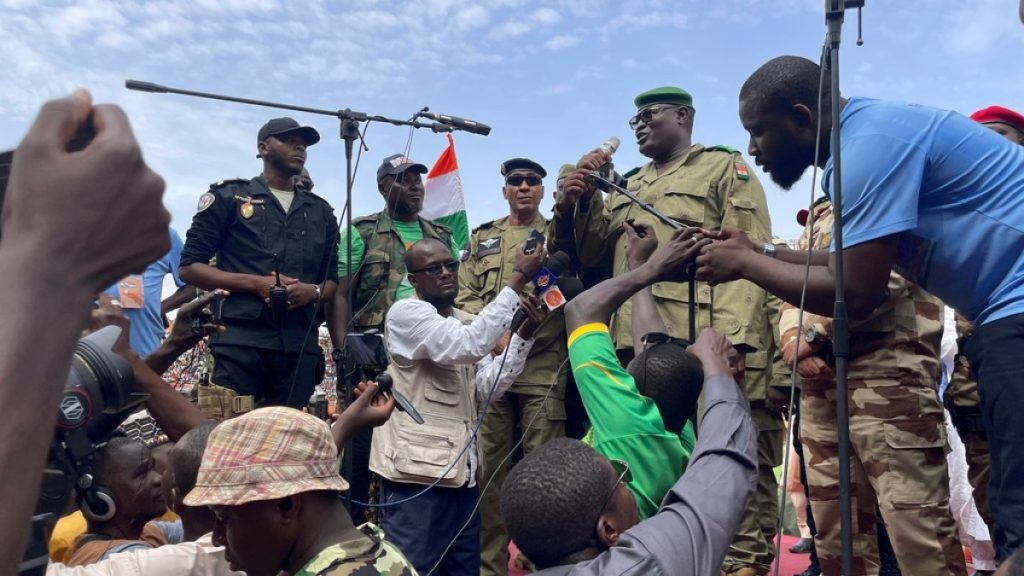The latest edition of the Ibrahim Index of African Governance, published by the Mo Ibrahim Foundation, has revealed that progress in democratic governance in Africa has come to a halt. This is the result of four years of almost complete stagnation, with backsliding occurring in 21 countries, affecting nearly half of Africa’s population. Billionaire philanthropist Mo Ibrahim highlighted the negative impacts of poor governance, such as corruption and marginalization, which can lead to violence and conflict. The global trend towards “strongman politics” and the challenges posed by the COVID-19 pandemic have further emboldened autocrats in the region.
One of the key concerns raised in the report is the “financial straitjacket” that many African countries find themselves in due to heavy debt burdens and high premiums required to access cash from global lenders. This limits their ability to invest in essential infrastructure, health, and education, impacting security and overall development. The vicious circle of financial constraints leading to decreased control and security needs to be addressed to enable countries to invest in their future. The report also highlighted the link between poor governance and the prevalence of conflict and instability, pointing to ongoing conflicts in countries like Sudan and coups in West and Central Africa.
Despite some improvements in areas like infrastructure and women’s equality in 33 countries, overall standards of governance have fallen across Africa. Mauritius, which was previously a high-ranking country, has been knocked off the top spot by the Seychelles after experiencing a decade of deteriorating standards. The report emphasized the importance of addressing issues like the rule of law, political participation, and security, which have seen declining scores. The data provided in the report, which covers variables such as public services, justice, corruption, and security, gives a comprehensive overview of the state of governance in Africa.
The findings of the Ibrahim Index of African Governance underscore the urgent need for African countries to prioritize good governance practices and address the challenges that are hindering progress. The report serves as a wake-up call for leaders, policymakers, and stakeholders to take action to reverse the trend of democratic backsliding and promote stability and development across the continent. By tackling issues like corruption, marginalization, and inadequate investment in key sectors, African countries can create a more conducive environment for growth, prosperity, and peace for all citizens.
Efforts to strengthen democratic institutions, improve transparency and accountability, and promote inclusive governance will be crucial in addressing the root causes of poor governance in Africa. By empowering citizens to actively participate in decision-making processes, promoting respect for human rights, and fostering a culture of openness and integrity, African countries can overcome the challenges highlighted in the report and pave the way for sustainable development. Collaborative efforts between governments, civil society, and the international community will be essential in driving positive change and ensuring that Africa can realize its full potential as a continent of opportunity and progress.


